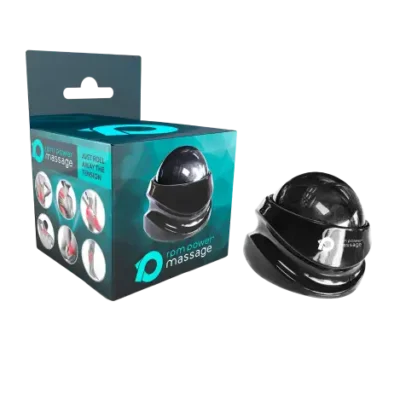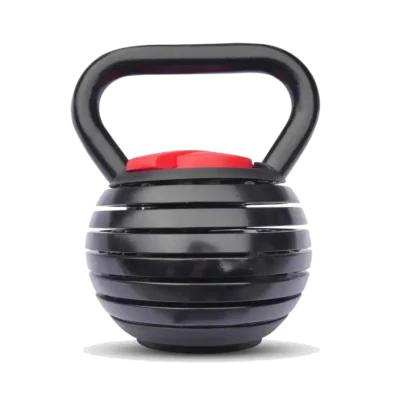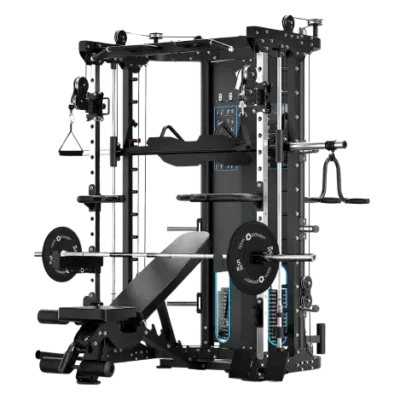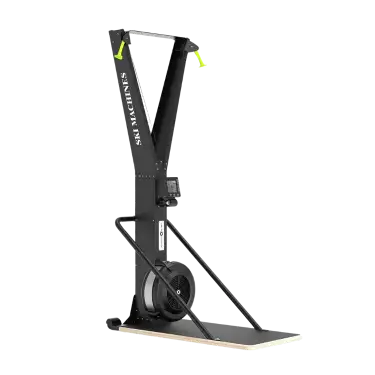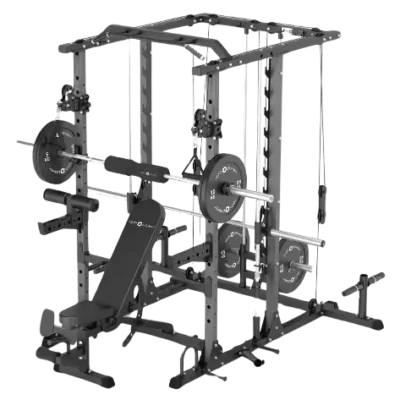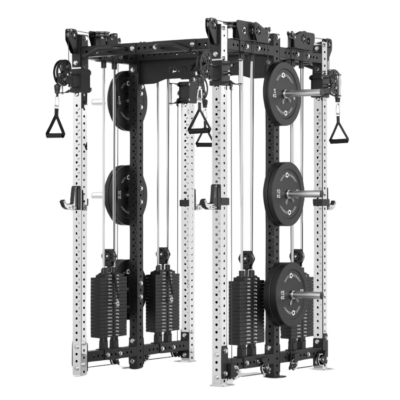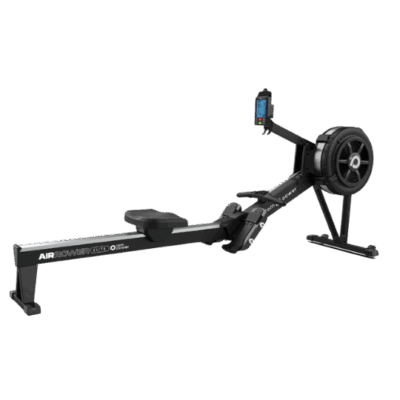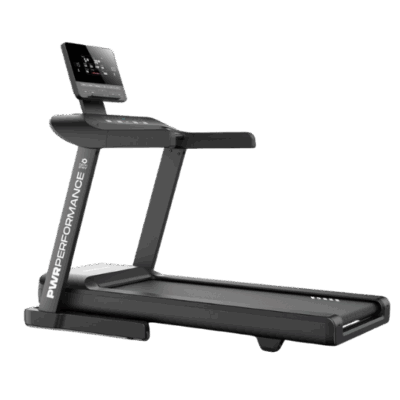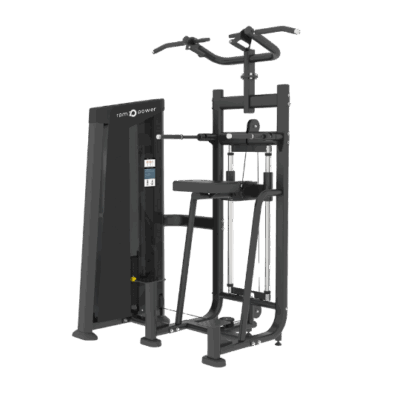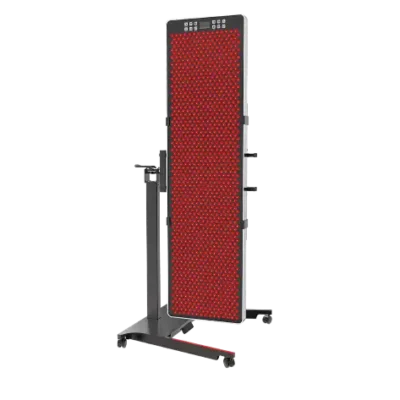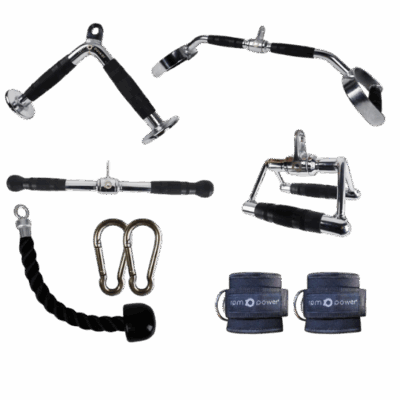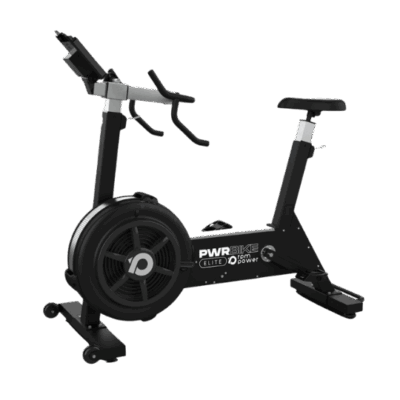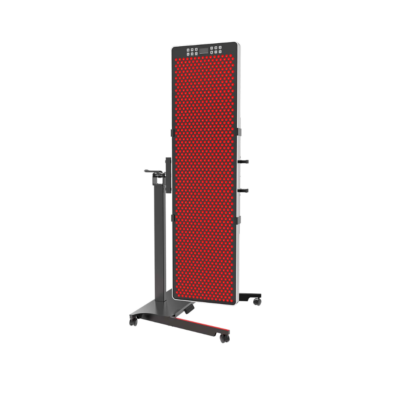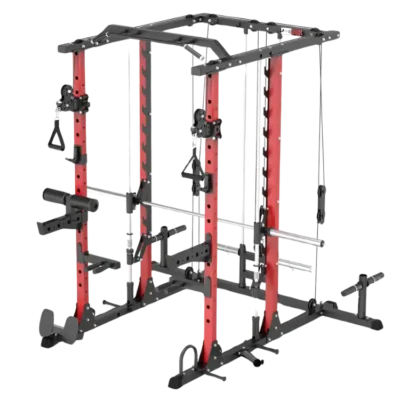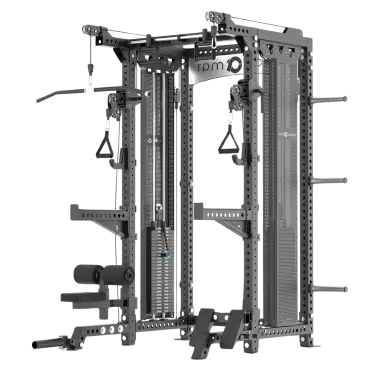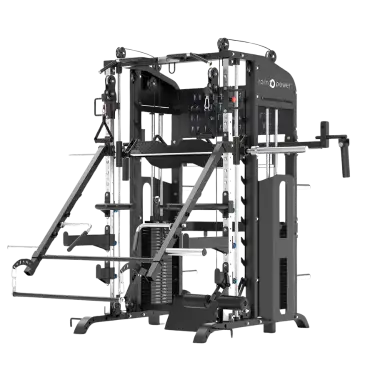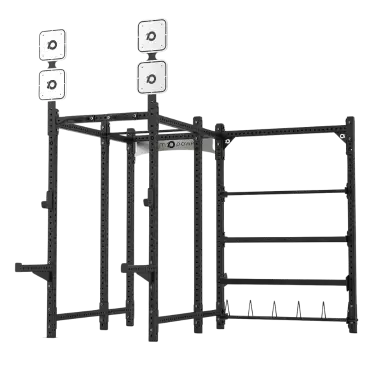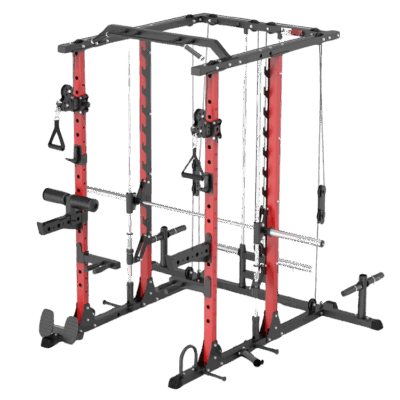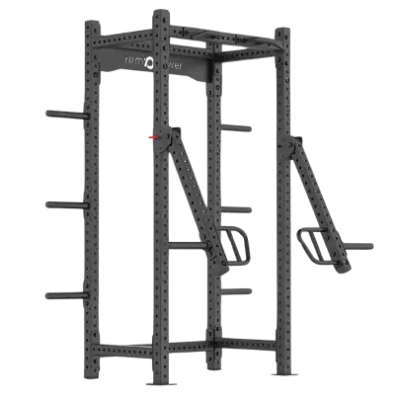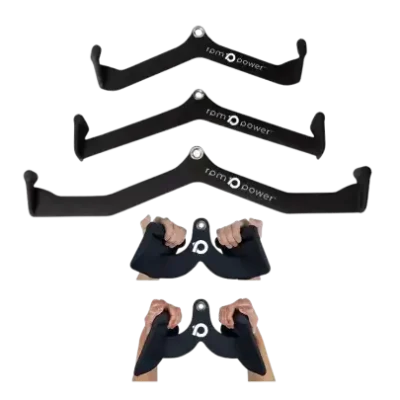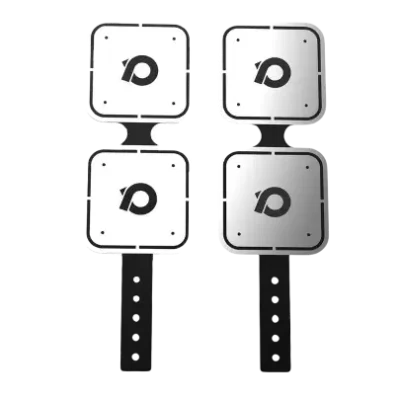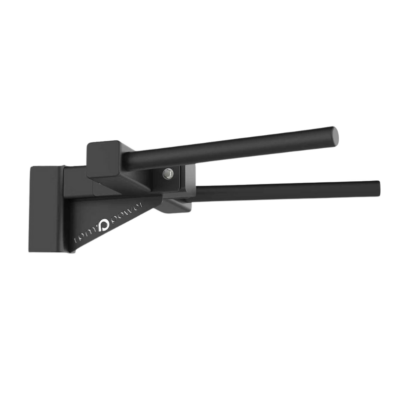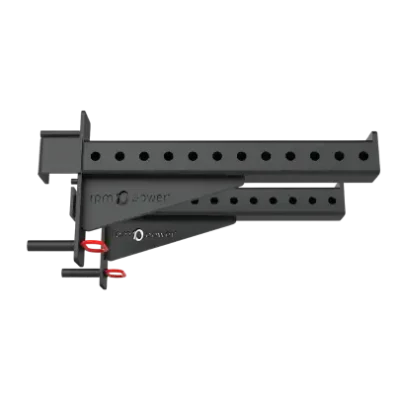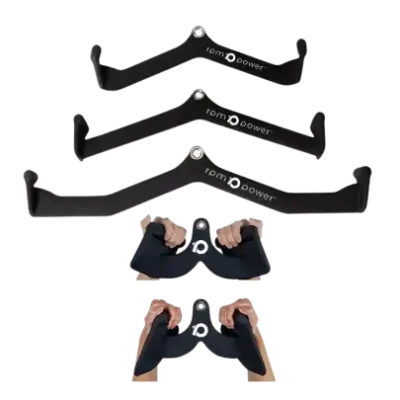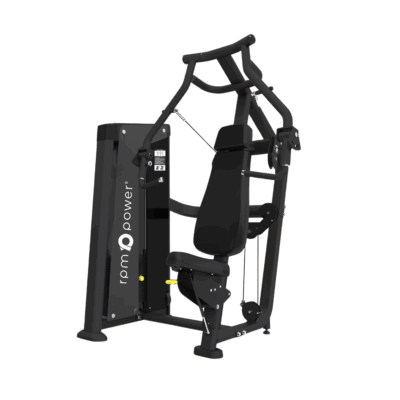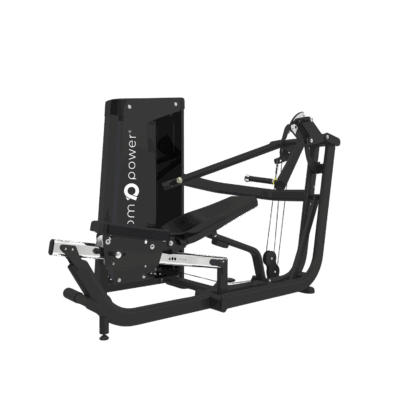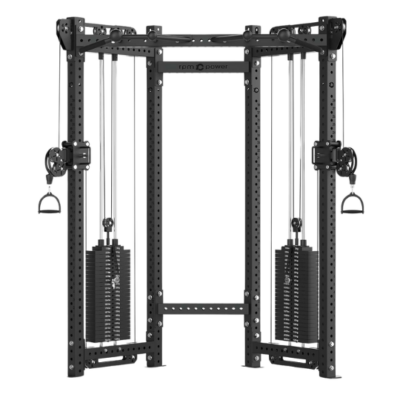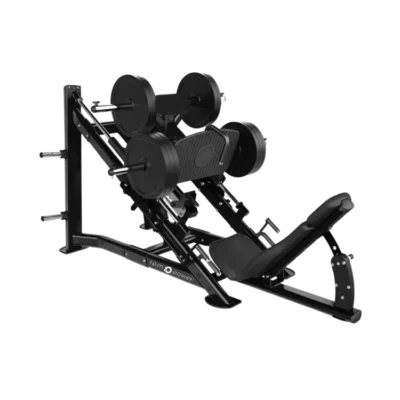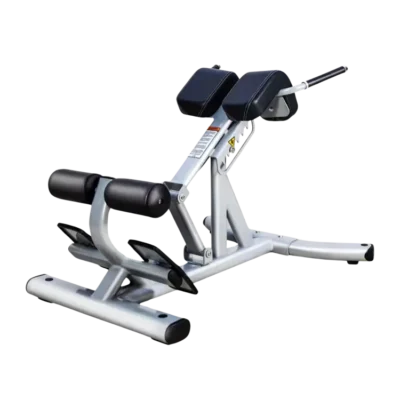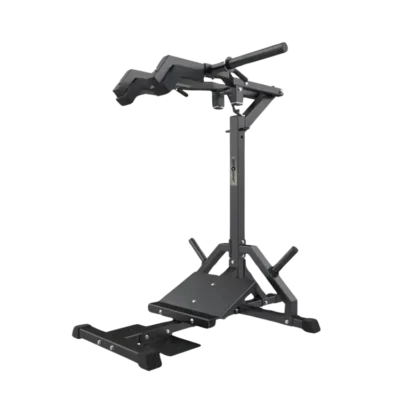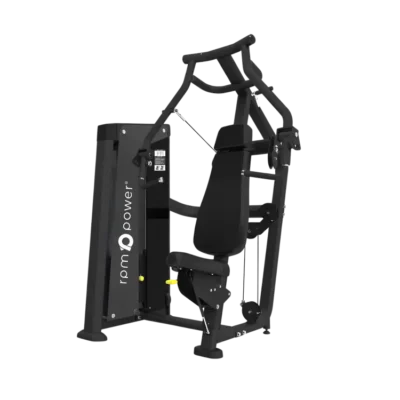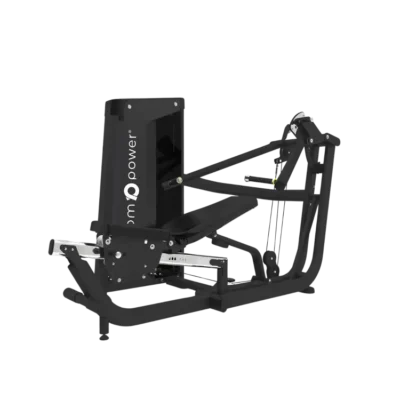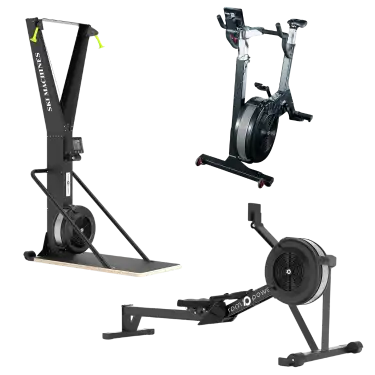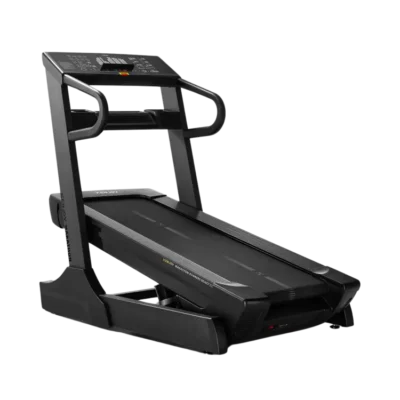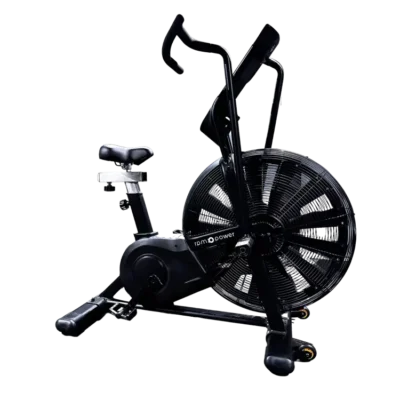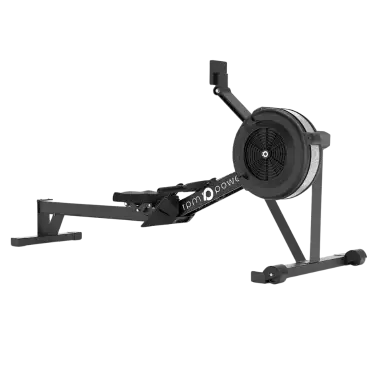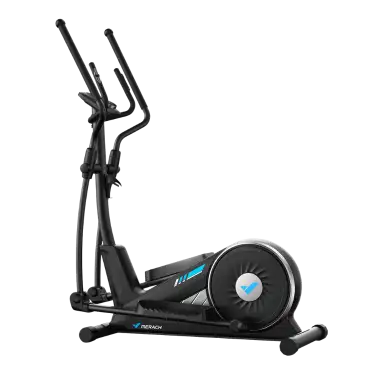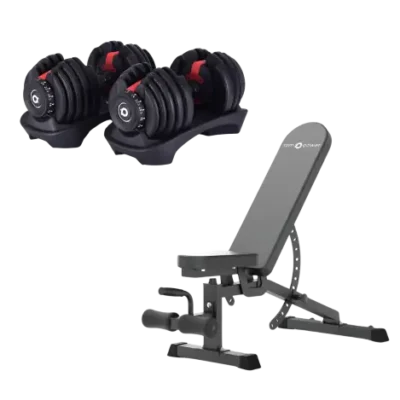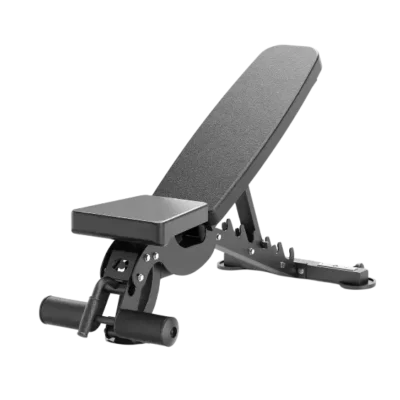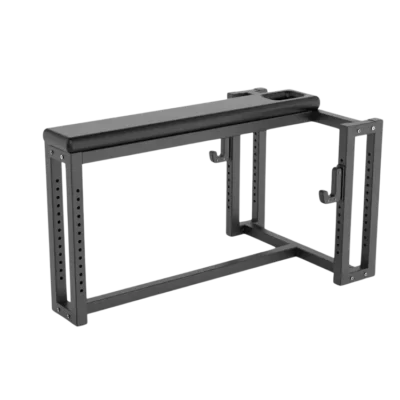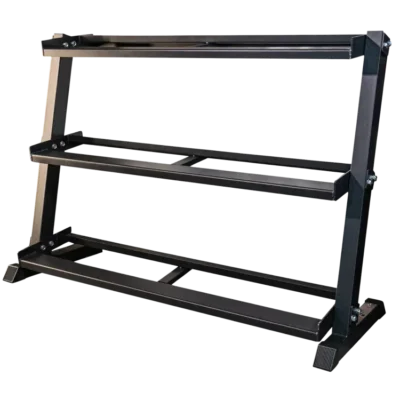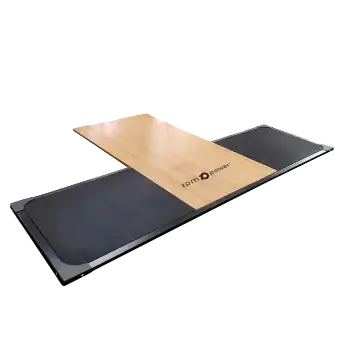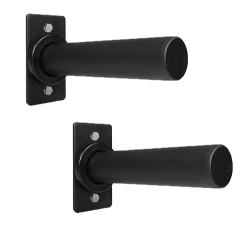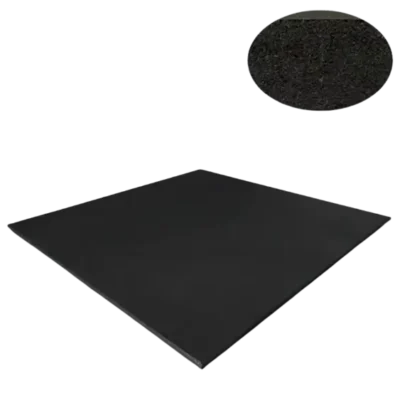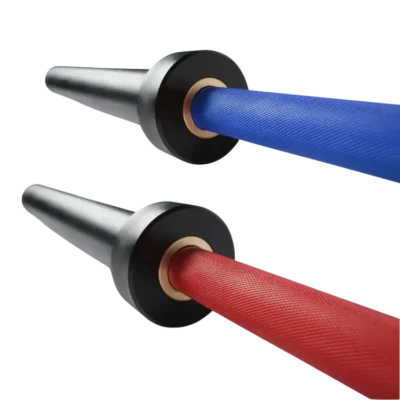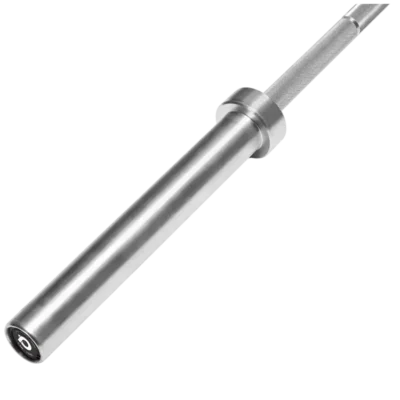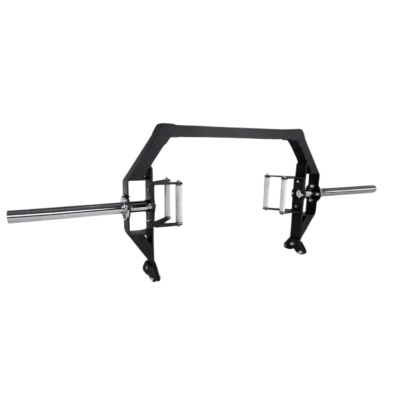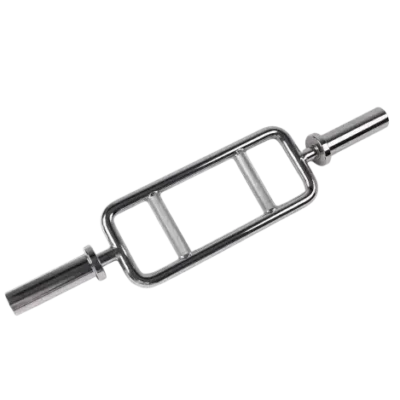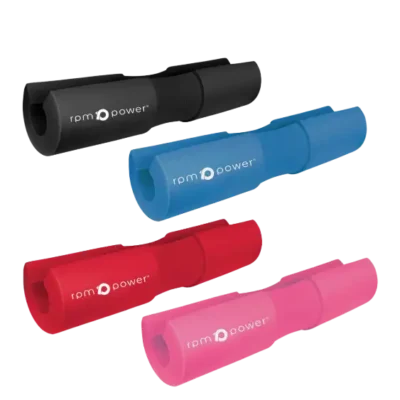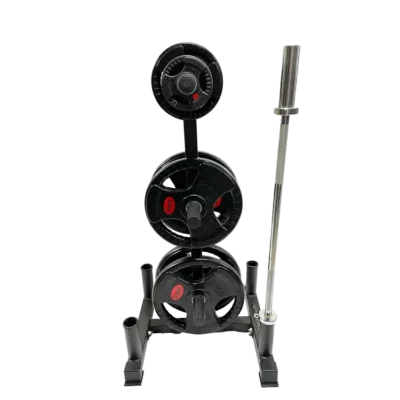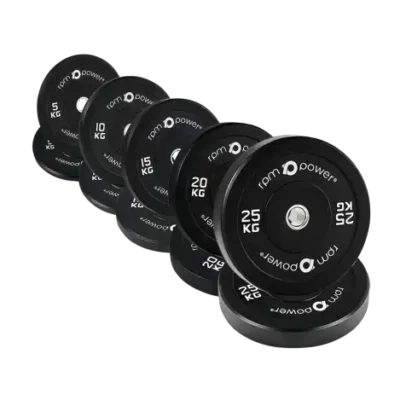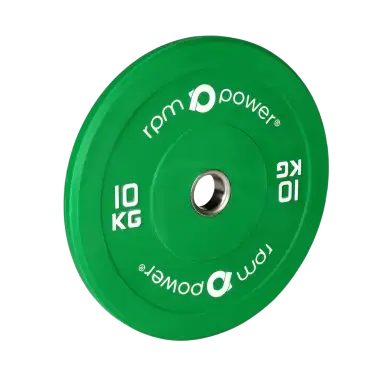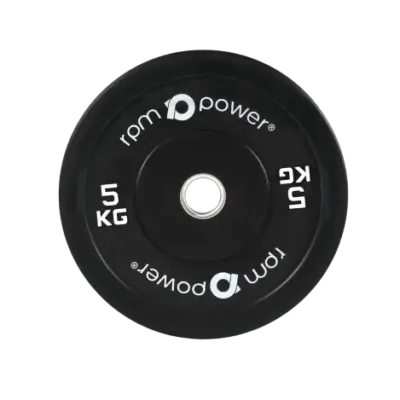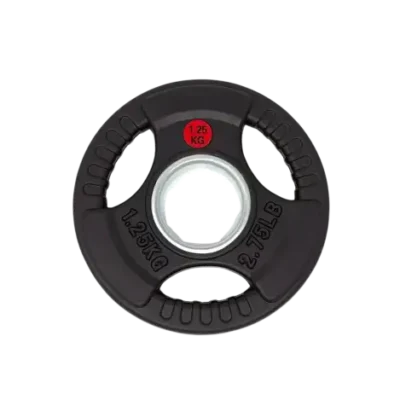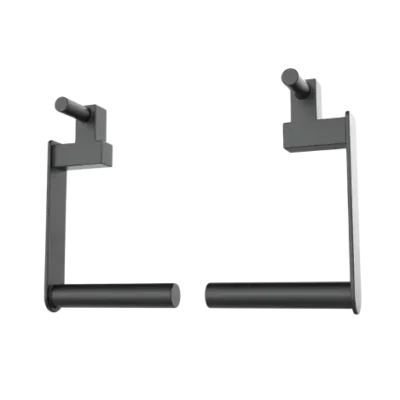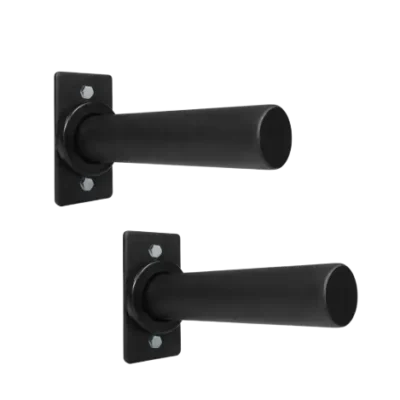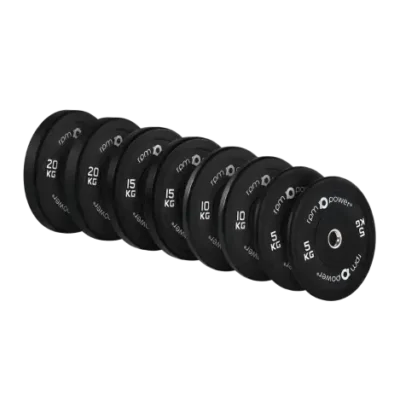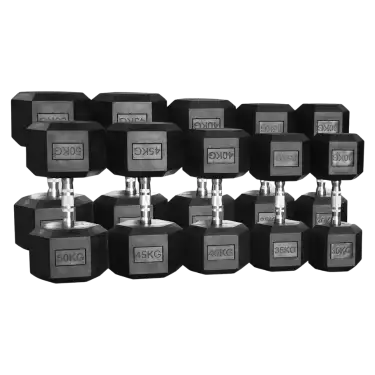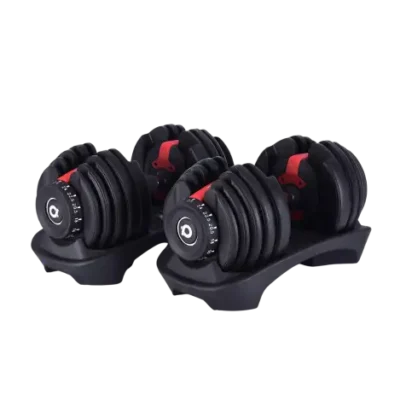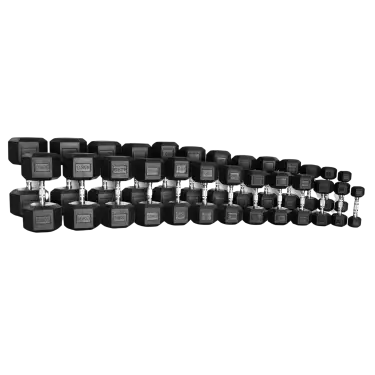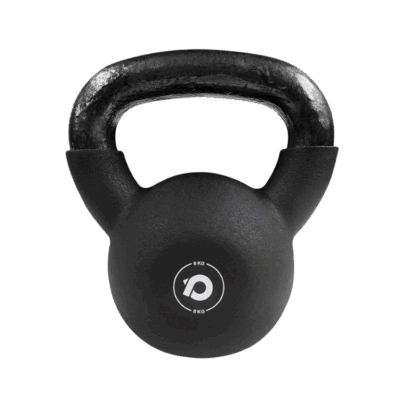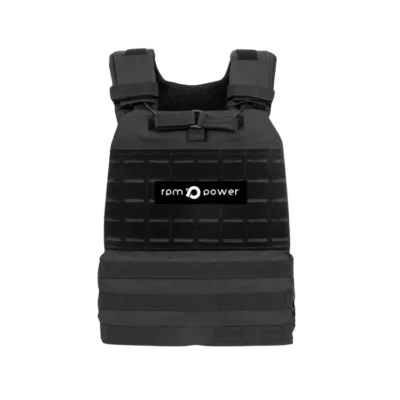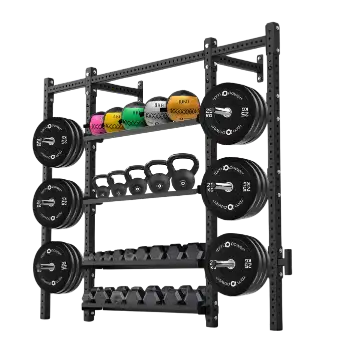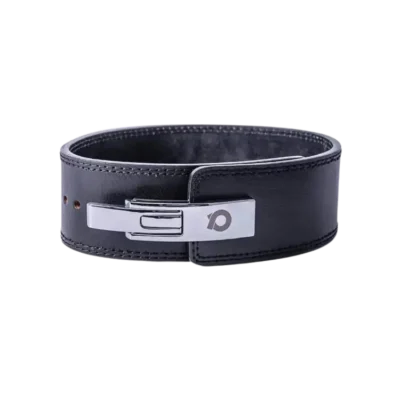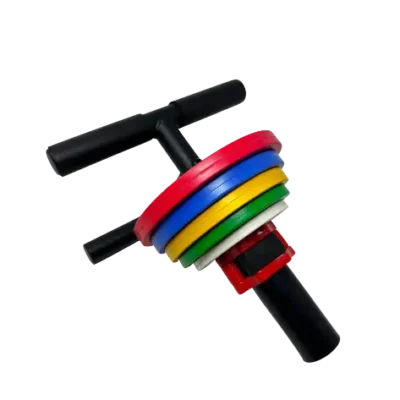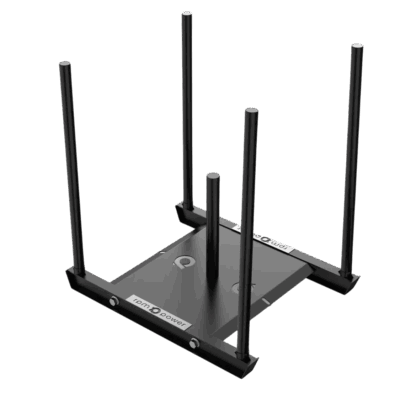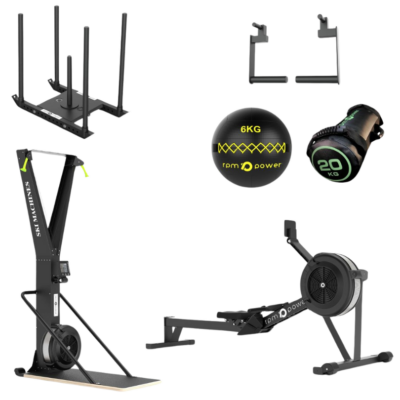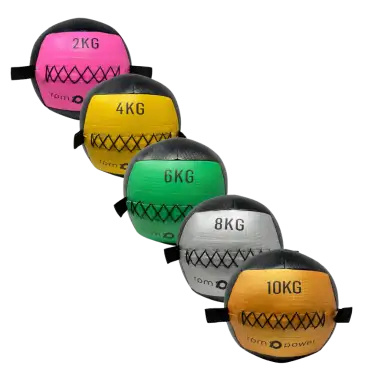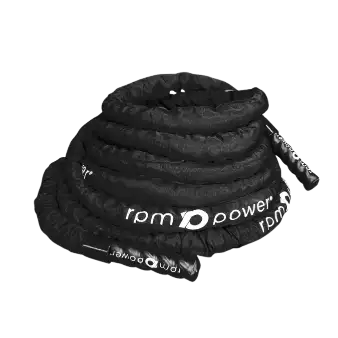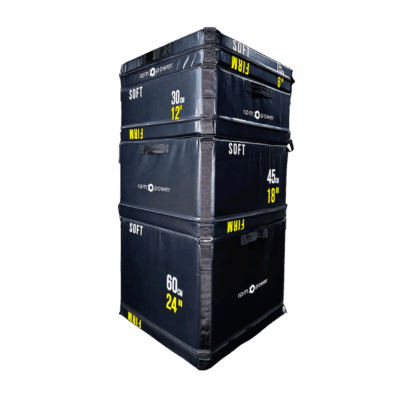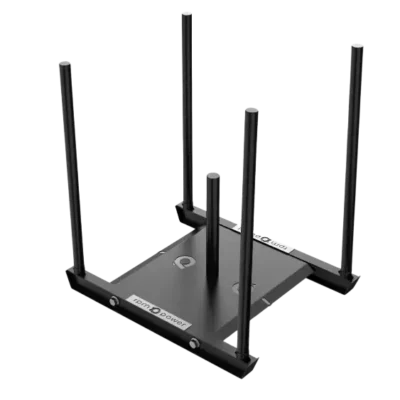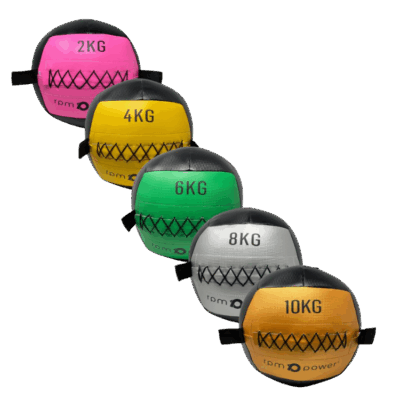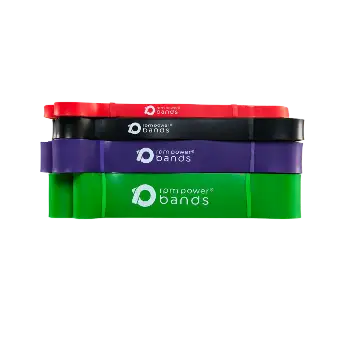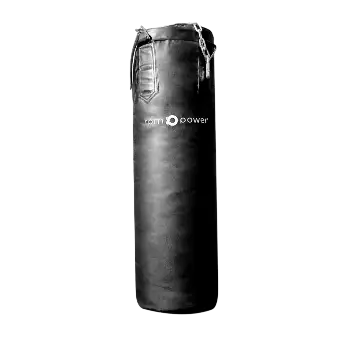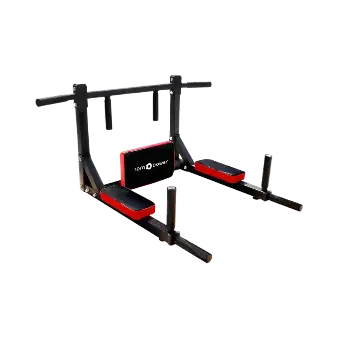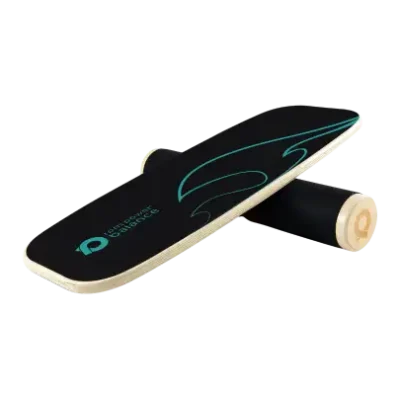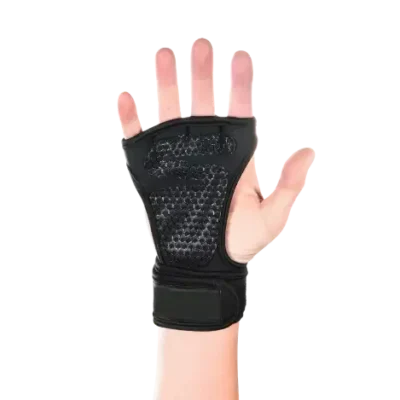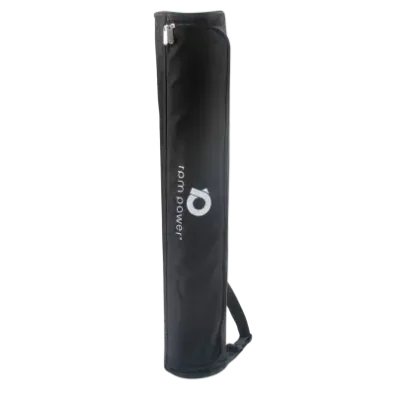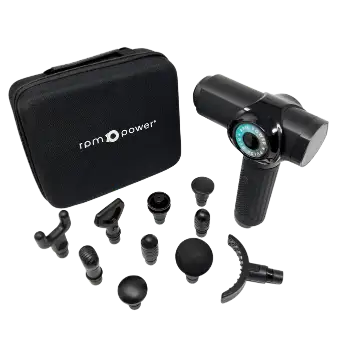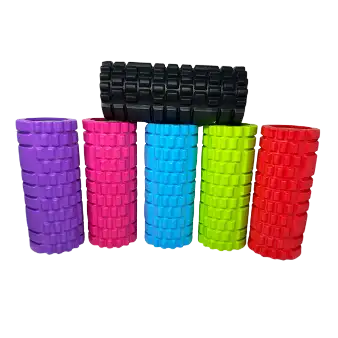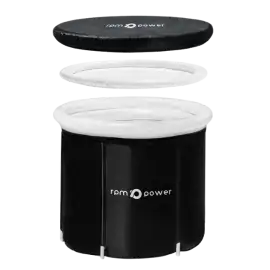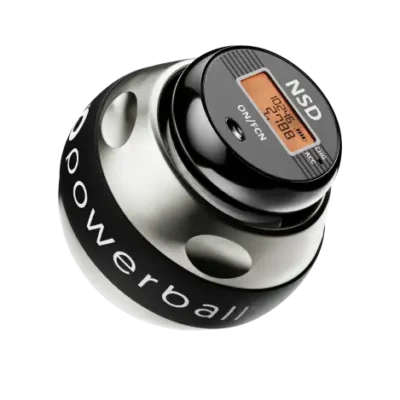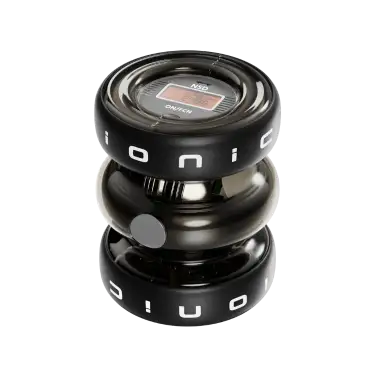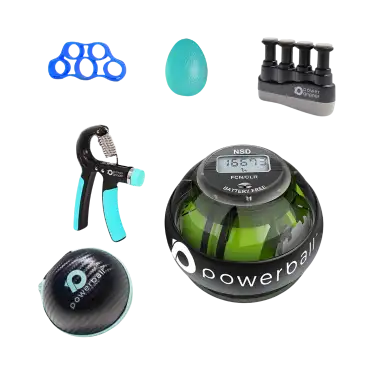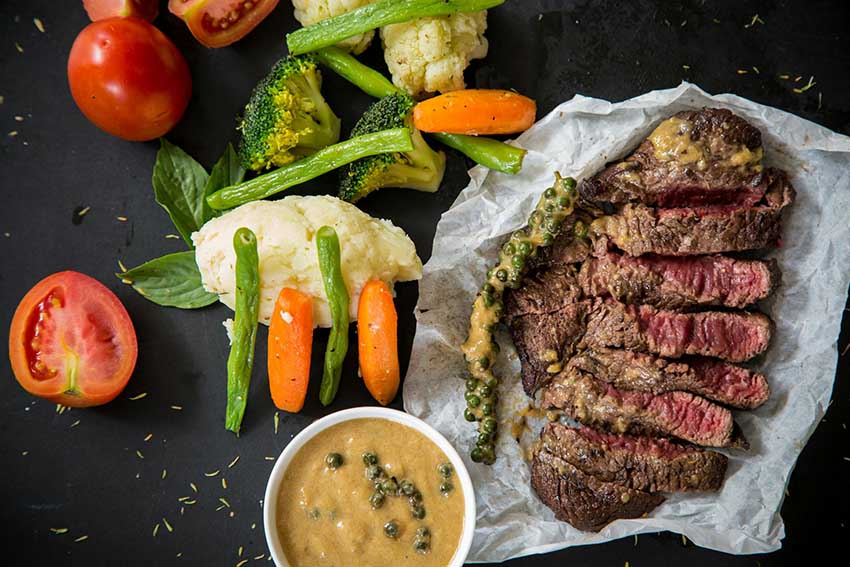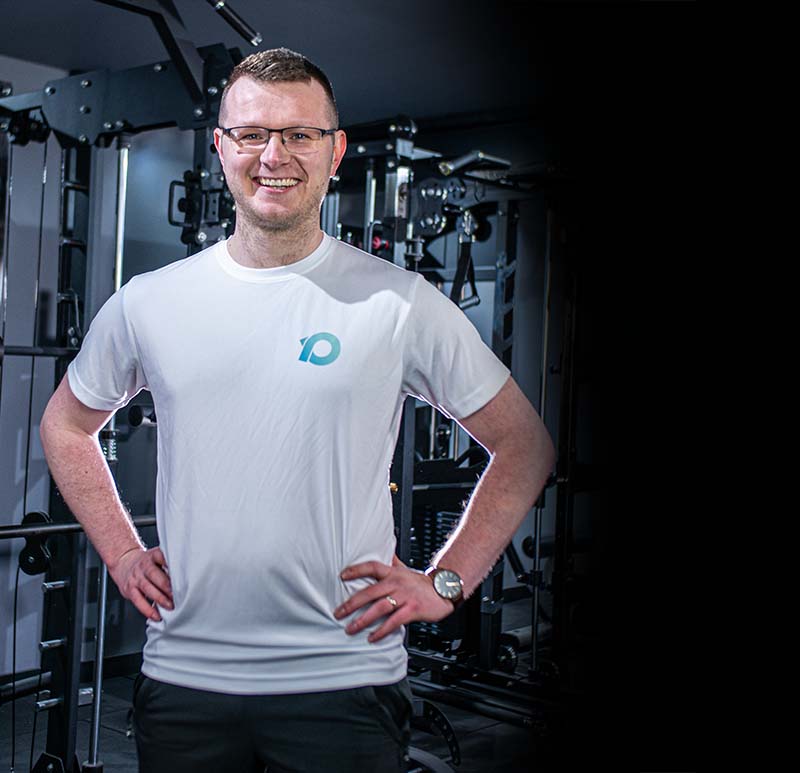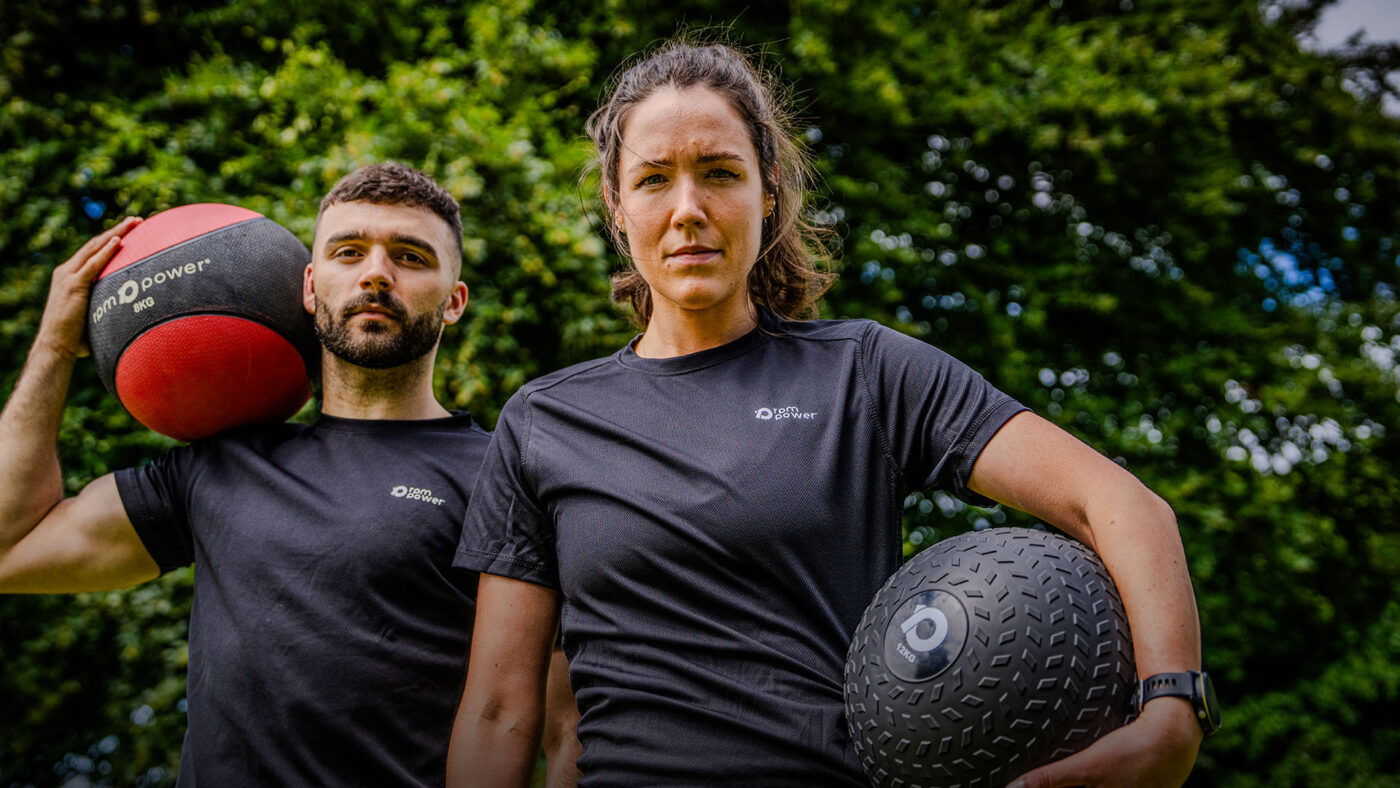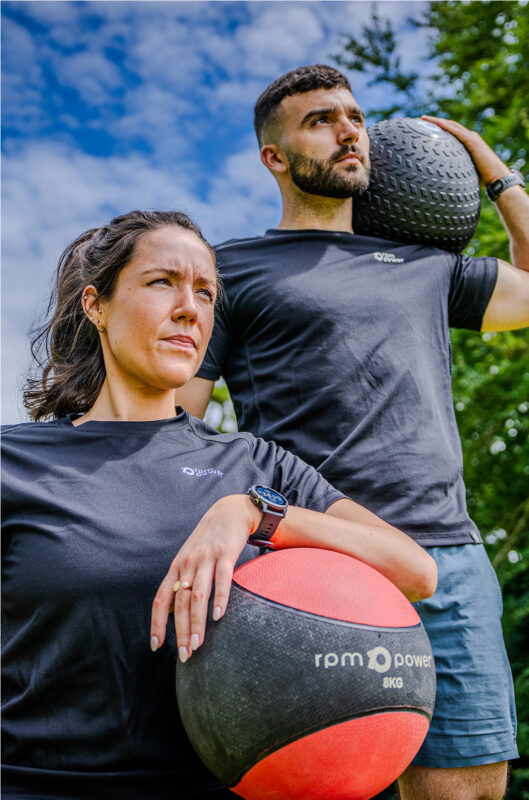Nutrition, RPM Power Partners
Protein diet tips: All you need to know about protein
Registered dietitian, owner of the Southeast Nutrition Clinic and host of the The Fuel Better Podcast, Evan Lynch, is the official RPM Power dietitian and he is here to tell you all you need to know about protein. Whether you are hitting high weight levels regularly at the gym or you are flat out with cardio workouts, you need a high protein intake to build muscle mass and physically repair and replenish damaged muscles from any exercise you do.
What exactly is protein, what are some good food sources of protein and how can you get more of it into your diet? Watch the video below to hear all of Evan’s protein diet tips and advice.
What is protein and why should you care?
Our bodies — from our fingernails to our hair — are made up of protein. We need protein to function and if you’re physically active, you need a lot more of it than someone who is less active. In addition to making up all of the structures in your body, if you’re exercising regularly, you have to physically repair and replenish damaged muscles. This is done with protein, so first and foremost, protein is a building block of you and it’s how you recover from exercise.
Now that we know why we need protein, let’s put some numbers on it.
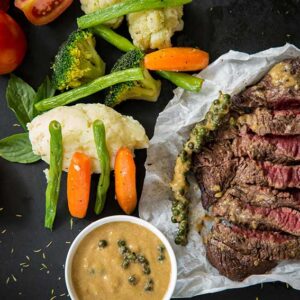
What are some good food sources of protein?
Putting those numbers into food format: 140 grams of protein is roughly 5 sizable chicken breasts. It is exceptionally unlikely that a person will want to eat 5 chicken breasts a day, so what are some alternative high-protein food sources that Evan recommends to diversity your protein intake?
Choose your foods by prioritising pattern
The protein-rich foods that you choose to eat should meet your requirements in a very well-thought-out pattern. Whether you drink a glass of milk, eat a slice of cheese or tofu — when you get a hit of protein, you get this temporary spike in muscle building. So, if you are exercising and you care about recovery and optimal muscle building, Evan’s advice would be to ensure your protein intake is well distributed throughout the day. An ideal diet might look like three main meals and two good protein-rich snacks. This will ensure your muscle-building spikes are evenly distributed throughout the day and you are going to recover much better because you are literally spending more time building muscle.
To get into the real nitty gritty of it, in every sitting you want to have at least 10 grams of essential amino acids. This is especially important if you’re plant based. If you’re omnivorous, some of the best high-protein foods consist of a pan-sized piece of chicken, meat or fish; two eggs; a glass of milk or a yogurt.
If you’re wondering how to eat more protein-rich foods as part of a plant-based diet, soya milk, soya yogurt or soya cheese are great, or consider trying a block of soya itself — tofu — a gold standard protein source. To diversify outside of that, you can combine beans and grains, lentils and pulses, or even peas and corn to hit your amino acid threshold.
Key takeaways
So in summation, all you need to know about protein is:
- ideally get three to five hits throughout the course of the day
- try to distribute your protein intake to optimize muscle-building spikes
- try to have at least 10 grams of essential amino acids on your plate
If you can do these three things, that’s your protein box ticked and you can go about focusing on your workout and amassing those gains as you exercise.
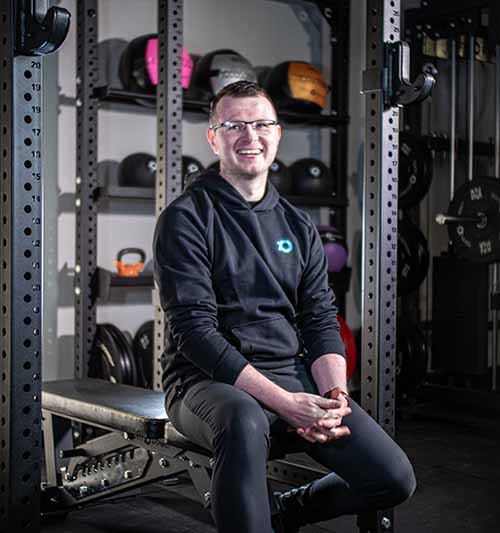
Evan Lynch is a dietitian based in Clonmel, Co. Tipperary. His specialty areas centre around sports nutrition, weight management and aiding those he works with to make more successful and long-term changes to their diet. He also works with a wider range of clients with a variety of issues ranging from simple nutrient deficiencies to diabetes management.
Interested in more?
Check out the full video series with Evan below:
